Company selective sorting, constraint or opportunity?
Since January 1st, 2018 in France, sorting recyclable waste at the source has been mandatory for organizations with 20 or more administrative employees (decree no. 2016-288 of March 10th, 2016, from the Energy Transition for Green Growth Law).
For the french businesses, stores, and administrations that entrust their waste collection to a private company or generate more than 1,100 liters/week of waste and use the public collection service, sorting of paper, metal, plastic, glass, and wood is mandatory.
But beyond the legal obligation, there are many advantages to implementing a selective sorting system in your company.
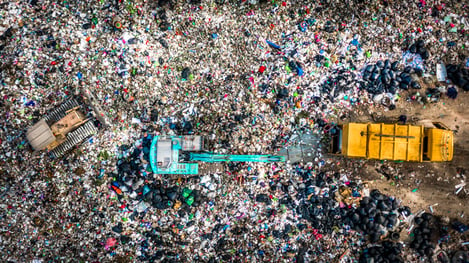
Firstly, selective sorting reduces the amount of waste that ends up in landfills and incinerators. This, therefore, helps to preserve the environment and protect local ecosystems. Going further, recycling waste contributes to the creation of new products from recycled raw materials, which can have a positive impact on the economy.
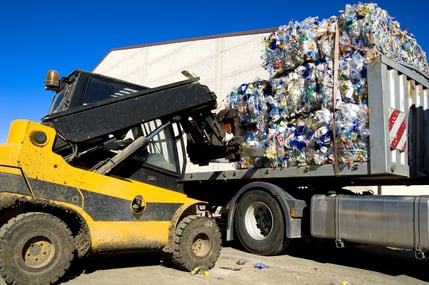
Selective sorting can also help you save on waste management costs. By separating your waste into different categories (paper, glass, plastic, etc.), you can sell it to companies specialized in recycling these materials, such as Paprec or Veolia in France for example. This can represent a significant source of income for your business.
Finally, selective sorting allows you to strengthen your CSR policy. Today, many customers and partners appreciate companies that engage in sustainable development practices. By implementing a selective sorting system, you can show that your company cares about the environment and sustainability.
There are many types of waste bins and sorting baskets available on the market. Some are designed for indoor use, others for outdoor use. You can choose plastic, metal, or wooden containers according to your preferences and needs. It is important to choose your sorting containers carefully based on the quantity and type of waste you need to handle.
To set up an effective selective sorting system in your company, here are some tips from the JVD team :
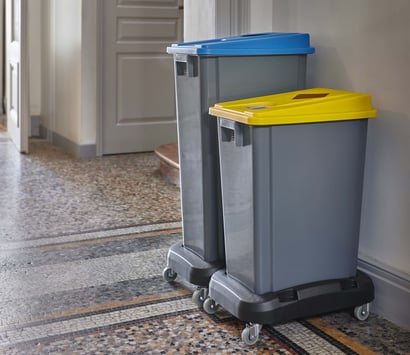 - Take stock of the waste you generate and the materials you can recycle. This will allow you to choose the right containers and set up a sorting system adapted to your needs.
- Take stock of the waste you generate and the materials you can recycle. This will allow you to choose the right containers and set up a sorting system adapted to your needs.- Train your employees on how to use the sorting system. This can be done during information meetings or through communication materials such as posters or brochures.
If you want to establish a project to equip your professional spaces with selective sorting solutions, do not hesitate to contact us. The JVD team will be happy to provide you with its expertise and accompany you towards a more sustainable operation that will help you make a difference.

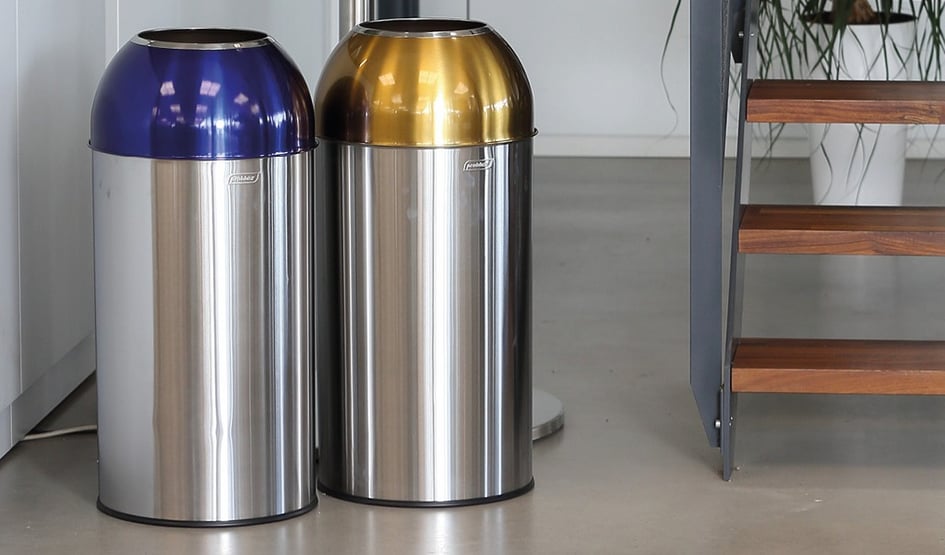
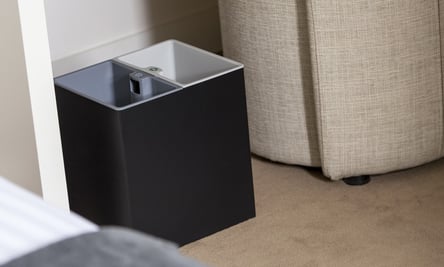


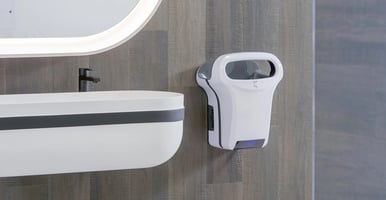
Laissez un commentaire